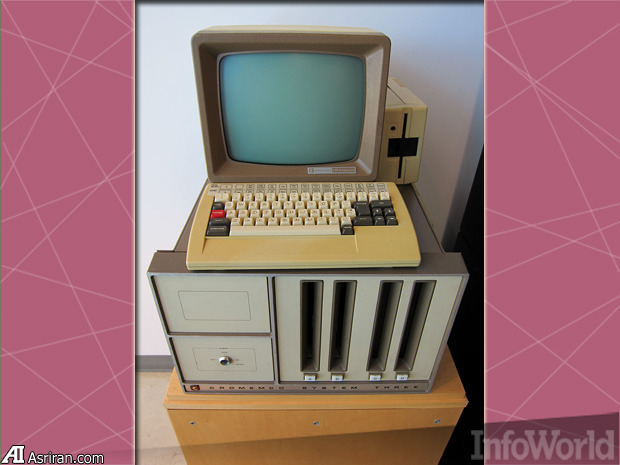Cloud CRM vs. On-Site Solution
페이지 정보
작성자 Billy 댓글 0건 조회 2회 작성일 25-07-31 05:02본문

When it comes to choosing a Customer Relationship Management (CRM) system for your business, one of the primary decisions you need to make is whether to opt for a hosted or onsite solution. Both options have their own advantages and disadvantages, which we will outline in this article to help you make an informed decision.
Cloud-based CRM solutions are stored on distant servers, accessible through the cloud. These infrastructure is provided by the cloud provider, eliminating the need for internal technical support. Data is held and analyzed on remote servers, allowing users to access it from anywhere with an network link. Cloud-based CRM solutions are often preferred by businesses due to their flexibility.
One of the main perks of cloud-based CRM is its flexibility. As your business grows, you can easily resize your CRM system to meet your changing needs. Cloud providers typically have a user-pay pricing model, allowing you to only pay for the resources you use. This makes it an attractive option for small and medium-sized businesses with fluctuating customer bases.
Cloud-based CRM solutions also offer a excellent level of flexibility. Businesses can access their CRM system from anywhere, at any time, as long as they have an online access. This allows employees to work remotely, access customer data from anywhere, and stay connected with clients on the go. Additionally, cloud providers often provide portable solutions for their CRM solutions, making it easy for businesses to access their system on portable computers.
However, cloud-based CRM solutions also have some drawbacks. Data security is a significant concern for businesses, as cloud providers store sensitive customer data. Companies may worry about cloud service outages, which can impact their business operations. Additionally, businesses may not have control over storage, which can be a concern for companies with customized data security protocols.
On the other side, on-premises CRM solutions are deployed on onsite hardware and can be managed directly by the business. These solutions often require substantial startup costs in IT infrastructure, but they can offer better reliability over data security and management. On-premises CRM solutions can be perfect for businesses with tight data protection regulations, such as financial institutions.
However, on-premises CRM solutions can be less flexible than cloud-based options. Businesses may need to invest in further resources to meet growing customer needs, which can be expensive. Additionally, on-premises CRM solutions require internal IT resources, which can be a difficulty for small businesses or those with insufficient infrastructure.
Ultimately, the choice between a cloud-based and on-premises CRM solution depends on your organizational goals. If you value scalability, a cloud-based CRM solution may be the preferred option. However, if you prioritize reliability, an on-premises CRM solution may be the way to go. Consider your options carefully and choose a solution that matches with your business goals.
It's worth noting that there are also hybrid solutions offered, which combine elements of both cloud-based and on-premises CRM solutions. For example, a business may choose to deploy a cloud-based CRM solution but also maintain an on-premises database. These hybrid solutions can offer the greatest of both worlds, providing mobility while also ensuring data security. Ultimately, the key is to select a نرم افزار CRM solution that fulfills your unique demands, regardless of whether it's cloud-based, on-premises, or a hybrid solution.
- 이전글Play Exciting Slot Gamings free of charge Online in Thailand 25.07.31
- 다음글Key to Business Success 25.07.31
댓글목록
등록된 댓글이 없습니다.





 전체상품검색
전체상품검색




